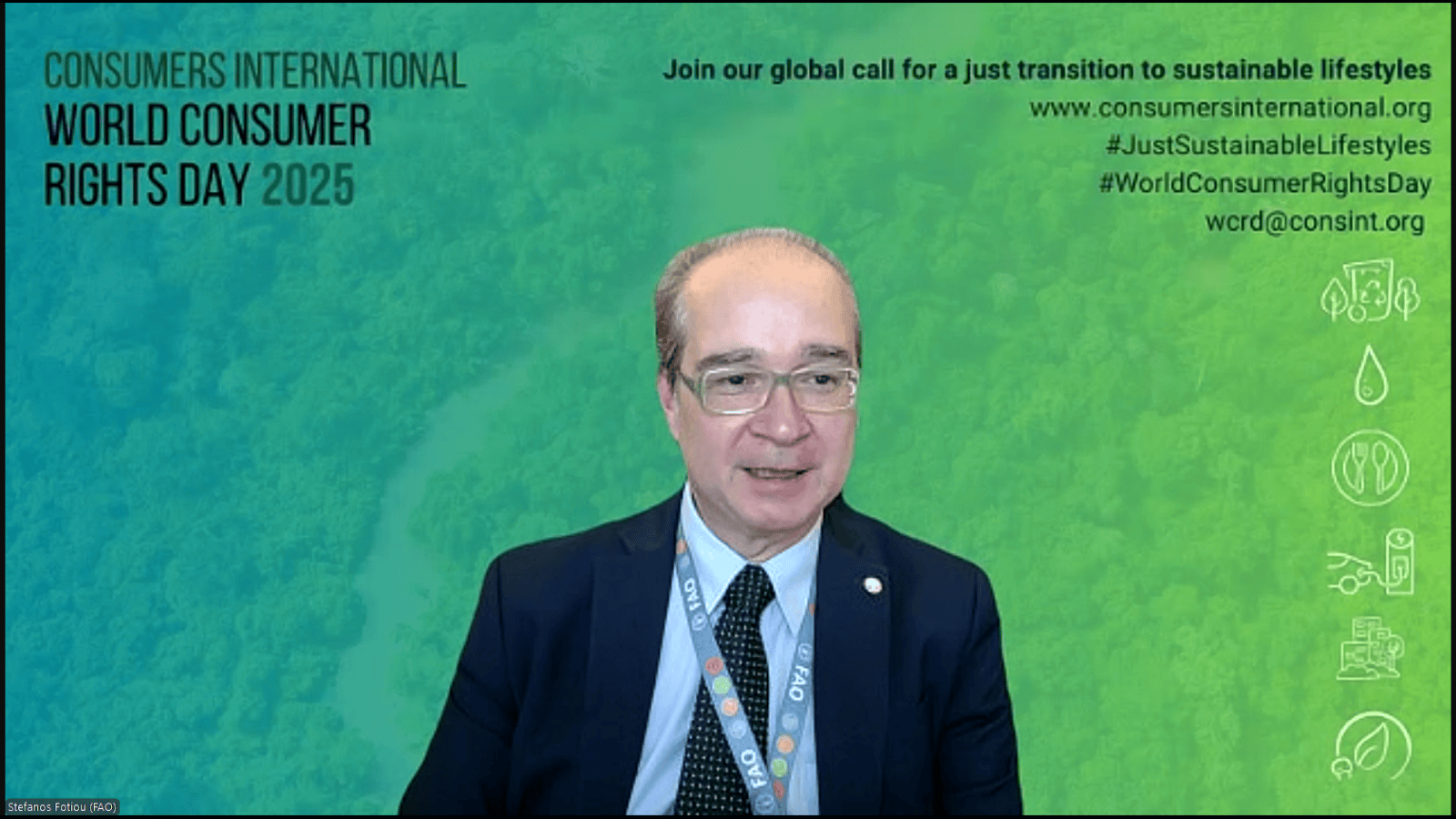SEED FUNDING JOINT PROGRAMMES
Egypt
Strengthening Sustainable and Resilient Food and Nutrition Systems in Egypt for SDG Acceleration




PROJECT TITLE | Strengthening Sustainable and Resilient Food and Nutrition Systems in Egypt for SDG Acceleration |
| Context | Egypt engaged actively in the 2021 Food Systems Summit process, convening a national dialogue and developing national pathways with recommended interventions for improving food security and nutrition by 2030. To enhance multi-sectorial coordination and spearhead the transformation process, the Government created a National Committee for Food and Nutrition Systems chaired by the Prime Minister and bringing together several ministries to coordinate joint actions. Strengthening coordination mechanisms, fostering multi-stakeholder partnerships, consolidating accountability structures, focusing on the availability of evidence, analysis, and data, are identified as key priorities to strengthen the food systems governance structure in Egypt. |
| PUNOs | WFP, FAO, UNICEF |
| Contribution to SDGs | SDG 2 Zero Hunger, SDG 3 Good Health and Well-being, 12 Responsible Consumption and Production. |
| Contribution to other SDG transitions | Climate, biodiversity, pollution |
| Duration | June 2024 – May 2025 |
| Expected financial leverage | $87,000 (PUNO co-financing) |
| Alignment with SG Call to Action | Policy integration; Food systems governance; Research, data, technology and innovation; Inclusive and participatory design; Private sector engagement |
| Outcomes | The JP contributes to strengthening policy and governance frameworks for food systems transformation and generating evidence and analysis on key dimensions of food systems to inform decision-making, supporting the work of the National Committee for Food and Nutrition Systems. The JP complements the government’s flagship program “Country Platform for the Nexus of Water, Food and Energy”, which provides a mechanism to mobilize climate finance and private investments. |
| Partners |
|
| Outputs |
|
Achieving access to food on a healthy planet
Hub Director Stefanos Fotiou speaks at Consumers International’s Sustainable Lifestyles Summit, highlighting the urgency of transforming food systems for people and planet.

On 11 March 2025, the UN Food Systems Coordination Hub participated in the session "Achieving Access to Food on a Healthy Planet" as part of Consumers International’s Sustainable Lifestyles Summit (10–14 March). Organized in collaboration with the UN Environment Programme, the session explored how action on sustainable lifestyles – grounded in the essential right to food – can address interconnected challenges of hunger, nutrition, and environmental sustainability. With over 733 million people facing hunger and more than one-third of the global population unable to afford a healthy diet, urgent action is needed to transform food systems in a way that upholds human rights while protecting the planet.
Speaking at the session, Stefanos Fotiou, Director of the UN Food Systems Coordination Hub, emphasized the critical role of sustainable food systems in delivering climate and health co-benefits.
“Food must be produced in peace with nature. The global food system is responsible for a third of greenhouse gas emissions, up to 80% of biodiversity loss, and 70% of freshwater use. Integrating food policies into climate action is critical to mitigating these environmental impacts,” he stated.
He called for an urgent shift toward food systems that work in peace with nature and follow a human rights-based approach. Highlighting the role of consumers in driving transformation, he emphasized the need to move from a passive buyer model to an active food citizen model, where individuals are informed about how food is produced, used, and its true cost. He advocated for integrating food literacy into school curricula, challenging the dominance of ultra-processed food marketing, and introducing policies such as taxation on foods harmful to human and planetary health. Fotiou also stressed the need for decentralized food power, urging strategies that prioritize local food systems and channel public funds directly to smallholder farmers. Looking ahead to the upcoming UNFSS+4 Stocktake, he underscored the need for accelerated action to reorganize food systems in ways that protect both people and the planet.
